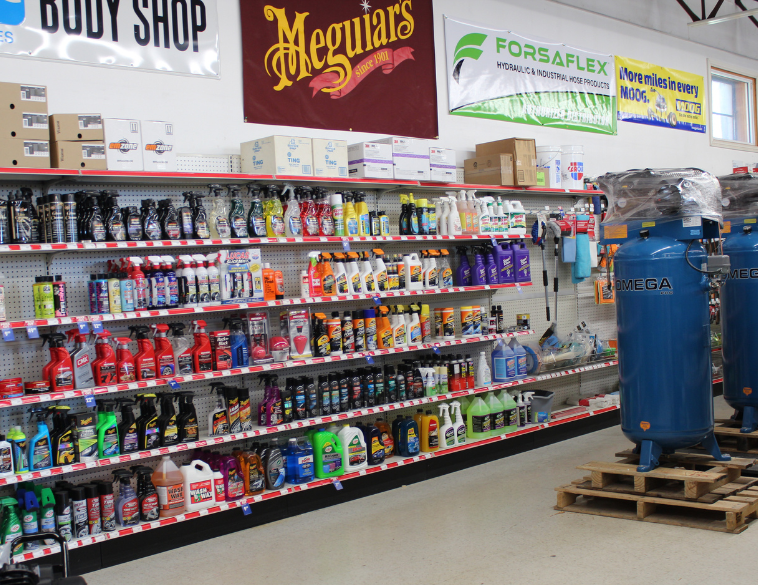We inquired about EV brake part demand with our jobbers (Kevin McBride and Douglas Squires) asking, “As EV sales increase, how are you preparing for possible changes in the demand for brake products?”
Kevin: I think we will be all right, but it will likely be expensive. In this area it will be a long time before we get enough electric vehicle—we’re in a low-income area and most folks here will not be able to afford EVs. And don’t forget about all the training the techs will have to take. Parts demand like brakes will not be high for some time.
It really doesn’t matter what we sell as long as we sell something—EVs will need other products. The items we sell have changed quite a bit. We’re still going sell car waxes and all the chemicals that go along with them—appearance items not to mention filters, batteries, electrical switches, paint, etc.
Douglas: EV brakes don’t need to be replaced as frequently—some brakes in EVs can last well over 150,000 kms plus. This means jobbers will need to stock less braking product but different products for EV’s.
EVs have brake fluid which degrades when not used. If the lack of use and maintenance is long enough, the EV might not stop at all because of seized calipers. It is too early to tell yet whether there will be increased demand on calipers due to this fact, but it is likely a probability.
Autosphere: What has been the trend regarding hybrids, which also offer regenerative braking?
Douglas: The trends by manufacturers/suppliers so far have been to stay with conventional braking. While brakes have remained mainly unchanged on EVs, there is an additional regenerative braking system to assist in stopping using the EV’s electric motors to stop the vehicle transferring the energy produced from stopping to recharge the battery. Depending on driving habits and locations this energy can vary widely.
Some suppliers have introduced specific EV brake pads and rotors that work with the regenerative braking system which are quieter, more resistant to rust, produce less dust and are more environmentally friendly.
Autosphere: Do you think that we could see a decrease in frequency of parts orders but growth in margins, due to the need to service needs on these vehicles and how do you think that could impact jobbers’ businesses?
Kevin: There are risk needs on these vehicles and that impacts business. Transition will happen but not overnight. We’ve seen it happen before… and here we go again! We will survive just like before. Everyone will get used to it! The fear will go away. Training will be a definite must! Yes, I think there will be a decrease in parts ordered but you will still grow in margins because of the higher cost of parts.
Douglas: There will be a reduction in the frequency of orders as there will be less replacement parts other than crash parts. However, the cost per part will increase and the margin correspondingly. As there will be less of these parts available, the margin earned per part could increase. For jobbers this will mean tighter control over orders to ensure the necessary SKUs are ordered, (likely) higher cost inventory but lower number of stocking SKUs.



